In today’s fast-paced and highly competitive market, understanding consumer behavior is crucial for businesses to thrive. One significant factor that influences consumer behavior is learning. Consumers are constantly learning and adapting their behaviors based on their experiences, knowledge, and interactions with the world around them.
This article will explore the various ways in which learning influences consumer behavior, shedding light on the complex relationship between education, knowledge acquisition, and consumer decision-making.
How Learning Shapes Consumer Perception
The Role of Education in Consumer Decision-Making
Education plays a pivotal role in shaping consumers’ perceptions and preferences. When consumers have a higher level of education, they tend to be more informed and analytical in their decision-making process. They are likely to conduct thorough research, compare alternatives, and make informed choices.
For instance, a consumer with a strong educational background might evaluate the nutritional value, ingredients, and environmental impact of a product before making a purchase. Education empowers individuals to critically analyze information and make conscious decisions aligned with their values.

Kentrix: Turn Data into Actionable Insights – Click Here to Transform Your Business!
The Influence of Experiential Learning
Experiential learning occurs when consumers gain knowledge through firsthand experiences. These experiences can be positive or negative, and they significantly impact consumer behavior. Positive experiences create a favorable impression of a product or brand, leading to brand loyalty and repeat purchases.
On the other hand, negative experiences can result in consumer dissatisfaction, leading to a loss of trust and potential customer churn. Companies must understand the power of experiential learning and strive to provide exceptional customer experiences to build long-term relationships with their consumers.
The Role of Social Learning in Consumer Behavior
Influence of Word-of-Mouth and Social Proof
Humans are inherently social beings, and their behavior is greatly influenced by others. Word-of-mouth and social proof play a crucial role in consumer decision-making. When consumers see others endorsing a product or service positively, it creates a sense of trust and credibility.
They are more likely to rely on the opinions and experiences of others, especially those within their social circle. Marketers can leverage this by encouraging satisfied customers to share their positive experiences, testimonials, and reviews. This social learning aspect has a profound impact on consumer behavior.
Learning from Influencers and Opinion Leaders
In the digital age, social media influencers and opinion leaders have become powerful catalysts in shaping consumer behavior. Consumers often look up to these individuals for recommendations, advice, and trends. Influencers share their knowledge, experiences, and expertise with their followers, influencing their purchasing decisions.
Brands collaborate with influencers to tap into their audiences and leverage their influence to promote their products or services. The learning aspect stems from consumers’ trust in these influencers and their ability to learn from their expertise.

Kentrix: Transforming Data into Success – Click Here to Learn How!
How Learning Impacts Purchase Decisions
Consumer Learning and Information Processing
Consumer learning directly impacts the way individuals process and evaluate information. When consumers are exposed to new information, their learning experience influences how they perceive, interpret, and make sense of that information. Learning allows consumers to categorize products, understand their features, benefits, and drawbacks, and make informed choices based on their preferences.
By understanding how consumers learn and process information, businesses can tailor their marketing messages and strategies to effectively reach and engage their target audience.
Learning from Marketing and Advertising
Marketing and advertising campaigns play a crucial role in consumer learning. Through strategic messaging, businesses can educate consumers about their products, highlight their unique selling propositions, and create brand awareness.
Effective marketing and advertising efforts can influence consumers’ learning process by shaping their knowledge and perceptions about specific brands, products, or services. Businesses that invest in informative and persuasive marketing campaigns can significantly influence consumer behavior and drive sales.
FAQs (Frequently Asked Questions)
Q: How does learning influence consumer behavior?
A: Learning shapes consumer behavior by influencing perception, decision-making, and information processing. Consumers’ educational background, experiential learning, social learning, and exposure to marketing messages all play significant roles in their purchasing decisions.
Q: Can consumer behavior change through learning?
A: Yes, consumer behavior can change through learning. Consumers constantly acquire new knowledge and experiences, which can alter their preferences, perceptions, and decision-making processes. Learning opens doors for consumers to explore new options and change their buying behaviors.
Q: How can businesses leverage learning to influence consumer behavior?
A: Businesses can leverage learning by providing exceptional customer experiences, encouraging positive word-of-mouth, collaborating with influencers, and investing in informative marketing campaigns. Understanding how consumers learn and adapt can help businesses tailor their strategies to meet consumer needs effectively.

Kentrix: The Key to Data-Driven Growth – Click Here for More!
Q: What is the impact of social learning on consumer behavior?
A: Social learning significantly impacts consumer behavior by influencing decision-making through word-of-mouth, social proof, and learning from influencers or opinion leaders. Consumers trust the experiences and opinions of others, and this trust shapes their choices.
Q: How do negative learning experiences affect consumer behavior?
A: Negative learning experiences can lead to consumer dissatisfaction, loss of trust, and potential customer churn. Consumers often avoid products or brands associated with negative experiences and may share their negative experiences with others, influencing their decision-making process.
Q: Why is consumer learning important for businesses?
A: Consumer learning is important for businesses because it helps them understand how consumers acquire knowledge, process information, and make purchasing decisions. By aligning their marketing efforts with consumer learning patterns, businesses can effectively engage their target audience and drive sales.
Conclusion
Learning plays a fundamental role in shaping consumer behavior. From educational backgrounds to experiential learning, social influences to information processing, consumers are constantly learning and adapting their behaviors.
Businesses that recognize and understand the impact of learning on consumer behavior can create tailored strategies to engage and influence their target audience successfully. By leveraging learning, businesses can build trust, foster brand loyalty, and drive sales in today’s competitive market.
Read More,


